The Maker Lab in the Humanities (MLab) opened its doors in September 2012 as a space to facilitate humanities faculty and student research in physical computing, digital fabrication, and scholarly exhibits. Since then, the MLab and its team members have received six grants (including grants from the CFI and SSHRC), published in six peer-reviewed journals, hosted five visiting speakers, offered eleven workshops (in collaboration with the DHSI, the MVP, and ETCL), appeared in at least four established news outlets, presented at over twenty conferences (in Canada, the United States, Peru, England, and Switzerland, among others), and built some really cool stuff—all while working to connect with other scholars in media studies, digital humanities, and science and technology studies. Below is a brief recap of the MLab’s last two years, complete with links to additional reading. Thanks to everyone who has supported us thus far. We’re looking forward.
September 2012
The MLab Opens Its Doors: When the MLab first opened in September 2012, there was already a burgeoning team, including lab director, Jentery Sayers; MVP Director, Stephen Ross; and HASTAC scholars, Alex Christie, Mikka Jacobsen, Shaun Macpherson, Jana Millar Usiskin, and Katie Tanigawa. These members brought their diverse skills and research backgrounds to the MLab, and all were committed to expanding not only the work of the MLab itself, but also the idea of a space for collaborative humanities work.
October 2012
Projects Begin: October marked the beginning of many of the MLab’s major projects for the 2012–13 academic year, including the Audrey Alexandra Brown Exhibit, the Year of Ulysses project (with the Modernist Versions Project), and The Crocodile Cafe Exhibit. In the best possible way, these projects differed significantly, sparking some exciting interdisciplinary research in the MLab.
November 2012
“Hello World” Series Launches: As an extension of the Digital Humanities Summer Institute and with support from the Electronic Textual Cultures Lab, the MLab launched a series of educational workshops, starting with Shaun’s “Max/MSP: An Introduction to Visual Programming,” followed closely by “Collating Your Texts: Using Juxta to Identify Textual Variants,” which was facilitated by Stephen Ross and Matt Huculak. From the start, these workshops brought people from across campus into the MLab to see what we were doing and how. Given its success, this series has continued into the 2014-15 academic year.
December 2012
MLab Co-Organizes Panel with George Dyson: With the Electronic Textual Cultures Lab, the MLab co-organized a panel on “Long-Term Thinking with Technologies,” which speculated about how technologies, new media, and culture might change in the future. The panel featured notable science historian, George Dyson, together with Barbara Bordalejo (English, U. of Saskatchewan), Alexandrine Boudreault-Fournier (Anthropology), Jeffrey Foss (Philosophy), David Leach (Writing), Victoria Wyatt (History in Art), and Jentery. During his visit to Victoria, Dyson also received an Honorary Doctor of Laws and gave the President’s Distinguished Lecture.
January 2013
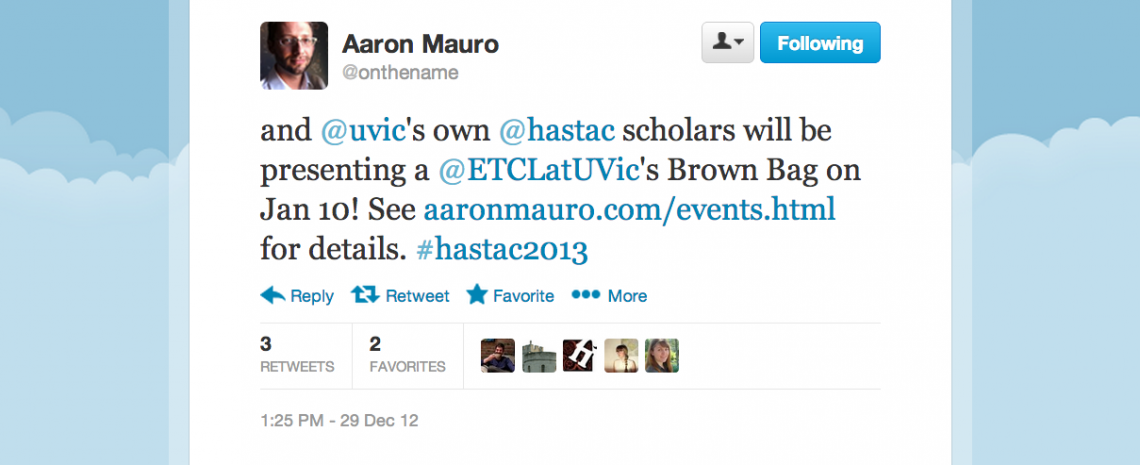
Tweet from Aaron Mauro, announcing the ETCL’s HASTAC panel
HASTAC Scholars Panel Brown Bag Speakers Series: Alex and Jana participated in the Electronic Textual Cultures Laboratory‘s Brown Bag Speaker Series, discussing their research as graduate students working in humanities lab environments.
MLab at MLA: Jentery travelled to Boston for the 2013 Modern Language Association‘s annual convention. There, building upon some MLab projects for example material, he facilitated “Digital Scholarly Composition with Scalar” for the “Get Started in Digital Humanities” workshop. He also presented “Linked Open Data for New Modernist Studies” during the Association for Computers and the Humanities (ACH) panel titled, “Open Sesame.” This talk was based on research he was conducting with Stephen Ross and the Modernist Versions Project. Travis Brown (Maryland), Johanna Drucker (UCLA), Eric Rochester (UVa), Geoffrey Rockwell (Alberta), and Susan Schreibman (Trinity College, Dublin) also presented on the ACH panel, with Susan Brown (Guelph) presiding.
February 2013
“Hello World” Workshops Continue: The “Hello World” workshops continued in the new year with “How to Data Model an Object,” facilitated by Jana in January, and “Visualizing Data Using XML and the Mandala Browser,” by Katie T. in February.
MLab Mentioned in Watters’s ELI Keynote: With a focus on campus makerspaces, educational technology researcher, Audrey Watters, mentioned the MLab in her keynote at the Educause Learning Initiative Annual Meeting.
March 2013
Tanya Clement’s “Hello World” Workshop: The fifth of seven workshops in the 2012-13 “Hello World” series, titled “Distant Listening: Discovering Sound Patterns with ProseVis,” was facilitated by visiting scholar, Tanya Clement (Assistant Professor, University of Texas at Austin). Clement also gave an outstanding talk on campus that day.
Bethany Nowviskie Visits UVic: As a part of UVic’s Lansdowne Lecture series, and hosted in conjunction with the University’s Digital Humanities Committee, Bethany Nowviskie (Director of Digital Research and Scholarship, University of Virginia Library’s Scholars’ Lab) gave a compelling talk, “Praxis Makes Perfect: New Models for Learning in the Humanities.” She also facilitated the sixth 2012-13 “Hello World” workshop in McPherson Library, where she guided a packed room through Neatline, an exhibit-building tool developed at the Scholars’ Lab.
April 2013
HASTAC Presentations: A number of MLab members, including Nina, Alex, Jentery, and Katie, presented at the HASTAC conference at York University (the first HASTAC conference in Canada), giving papers as well as co-organizing a pop-up makerspace with the Ontario Augmented Reality Network (OARN) and Western University’s Lab for Humanistic Fabrication.
MLab CFUV Interviews: Jentery was invited to speak on “Post Everything,” a program on UVic’s campus radio station, CFUV. During the interview, he talked about 3D printing, physical computing, and other forms of fabrication and how they open up new avenues of inquiry in humanities research. Meanwhile, Shaun was invited to speak about his graduate research on the intersections of maker culture, critical theory, and the cultural construction of interfaces on CFUV’s “Beyond the Jargon.”
MLab participates in Day of DH 2013: Several MLab members participated in Day of DH 2013, an annual event in which DH practitioners from around the world offer a snapshot of the DH-related projects they are working on. Shaun blogged about desktop fabrication and planning a popup makerspace at HASTAC 2013; Katie T. wrote about working with Alex to create geo-temporal maps of James Joyce’s Dublin; Nina wrote about her Hyperlit prototype and creating a project portfolio; Arthur wrote about 3D modelling a stereoscope; Jana wrote about tagging the poems of Audrey Alexandra Brown; and Jentery wrote about planning the HASTAC trip, organizing a Public Humanities lecture series with Nina, and prepping for his upcoming photogrammetry workshop.
Final “Hello World” Workshop: The “Hello World” workshop series ended on a high note with “Stitching 2D into 3D: An Introduction to Photogrammetry,” which Jentery facilitated. This session explored the possibilities of 3D modeling and printing for historical research.
May 2013
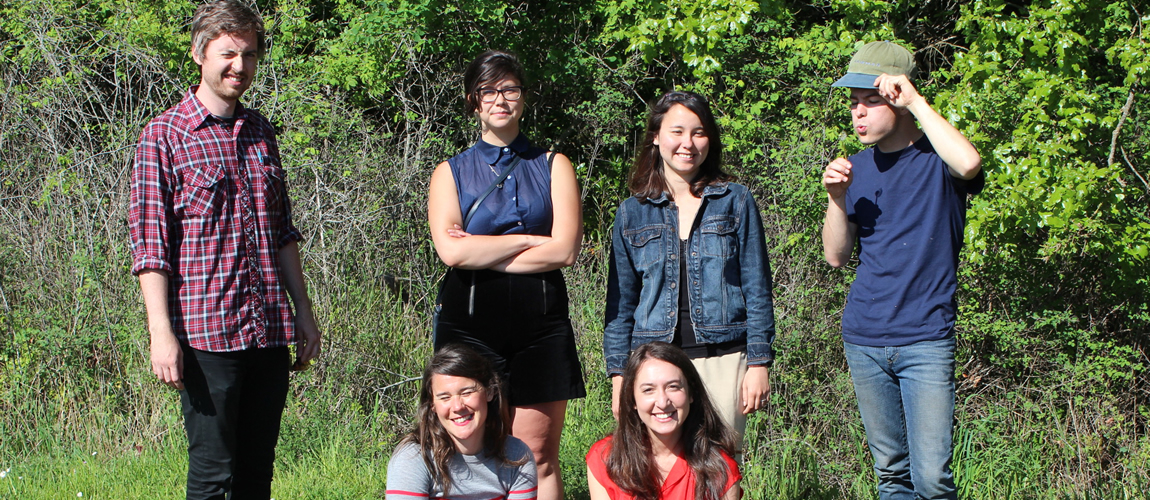
SSHRC Storytellers from left to right: Shaun, Adèle, Katie T., and Arthur (top row), Mikka and Jana (bottom row)
MLab Team Wins SSHRC Video Contest: MLab team members Adèle, Nina, Alex, Arthur, Mikka, Shaun, Jana, and Katie T. won the SSHRC “Research for a Better Life: The Storytellers” contest with their video, “Recovering the Local: A Digital Literary Exhibit on Audrey Alexandra Brown.” The SSHRC video contest included a prize of $3,000 per winning team.
The Long Now of Ulysses Launch: After months of development, the Long Now of Ulysses exhibit began. With support from the MLab, the Modernist Versions Project, the University of Victoria Library, and the University of Victoria Art Collections, graduate students from Stephen’s English 560 seminar on the modernist novel and Jentery’s English 507 seminar on digital literary studies developed and launched the exhibit online and at the Maltwood Gallery in McPherson Library. For Editing Modernism in Canada, Amanda Hansen published a short piece on the exhibit, and several local news outlets covered the event.
The MLab’s Website Goes Live: After months of writing, organizing, editing, backing-up, re-editing, re-backing up, and arguing about web design, the Maker Lab site went live at last! Since its launch, the site has been visited by people in over 100 different countries, with thousands of pageviews per month.
IJLM Publication: Jentery, the MLab, and seven students from the 2012 English 507 graduate seminar on digital literary studies saw their co-authored Scalar article, “Teaching and Learning Multimodal Communications,” published by MIT Press in the peer-reviewed venue, International Journal of Learning and Media (IJLM). The piece demonstrated how Scalar can be used as both a multimodal pedagogical tool and a research platform, and it included commentary and analysis written by all the authors.
June 2013
MLab Participates in DHSI 2013: Many MLab members participated in workshops at the annual Digital Humanities Summer Institute (DHSI), hosted by UVic every year. Jentery co-taught the “Physical Computing and Desktop Fabrication” course with William J. Turkel and Devon Elliott.
MLab Presents at Congress 2013: Adèle, Nina, Alex, Jana, Stephen, Jentery, and Katie T. presented during the Congress of the Humanities and Social Sciences, “Canada’s largest academic gathering,” held at UVic during the first week of June.
MLab Gets Mentions: The MLab was mentioned on several notable websites: Maker Bridges mentioned it in a post on “Makerspaces in Academia;” Steven E. Jones mentioned the MLab and embedded an MLab video on the website for his book, The Emergence of the Digital Humanities; and ProfHacker mentioned Jentery’s presentation, “Portable, Tacit, Temporary: Popup Makerspaces in the Humanities,” which he gave at the “DH Innovations: Lab Based Environments in the Humanities” symposium at Vancouver Island University.
July 2013
MLab at DH 2013: At the annual Alliance of Digital Humanities Organizations’ conference in Lincoln, Nebraska, Jentery presented a paper (“Made to Make: Expanding Digital Humanities through Desktop Fabrication”) and facilitated a workshop (“From 2D to 3D: An Introduction to Desktop Fabrication”). Both featured the MLab’s desktop fabrication research and were conducted in collaboration with Devon Elliott (Western University) and Jeremy Boggs (University of Virginia).
Rhetoric Society of America Interviews Jentery: Focusing on the topic of makerspaces, John W. Pell with the Rhetoric Society of Amercia interviewed Jentery about the MLab and its “collaborative, embodied work” for The Blogora.
August 2013
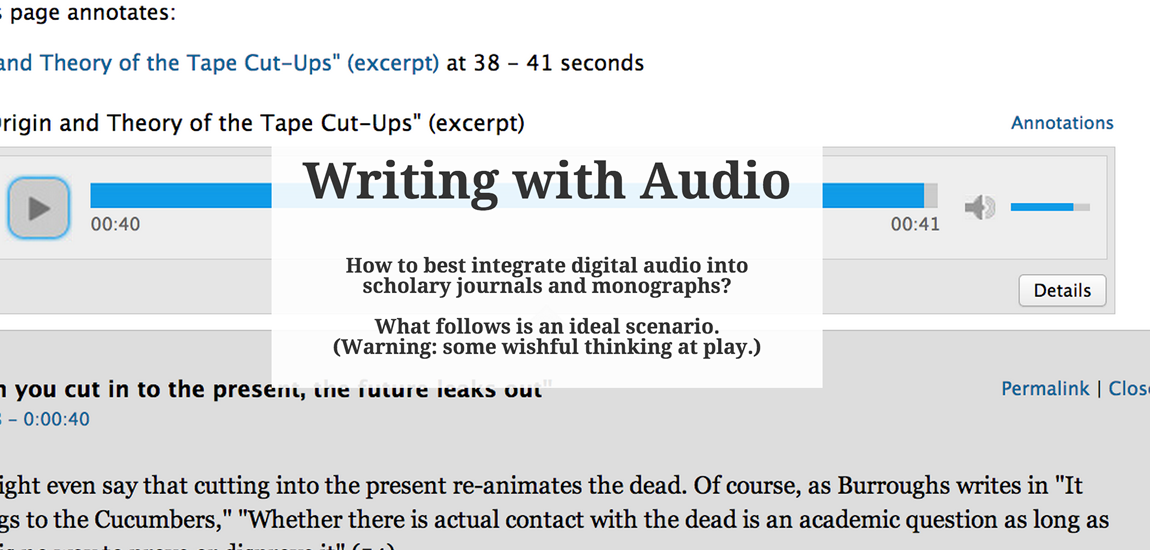
Slide from Jentery’s TEMiC 2013 talk at UBCO
MLab at TEMiC 2013: Jentery gave a talk titled, “Editing, Annotating, and Discovering Historical Audio,” at the Textual Editing and Modernism in Canada (TEMiC) 2013 meeting hosted by the University of British Columbia, Okanagan. This talk was based in part on some of the MLab’s scholarly exhibit research, including its work with historical audio.
September 2013
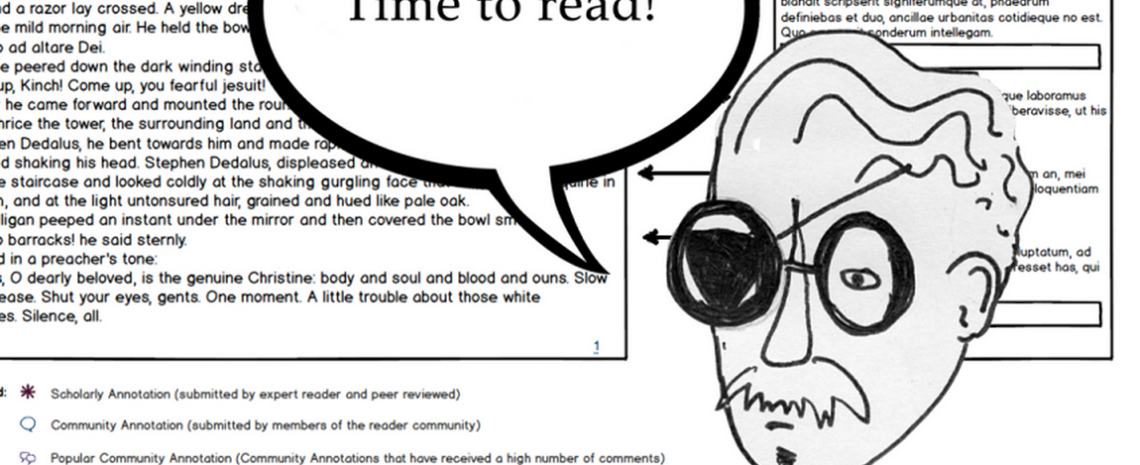
Image from Belojevic and Johnson’s HyperLit project, which was awarded the 2012-13 Praxis Award
MLab Team Members Win Praxis Awards: Nina, Alex, Jon, and Katie T. each received the Digital Humanities Praxis Innovation Award for demonstrating “scholarly innovation through digital humanities research, teaching, learning, and communication” with their collaborative projects, “HyperLit: A Gameful Design Model for a Social Edition” (Nina and Jon) and “Dislocating Ulysses“ (Alex and Katie).
MLab Welcomes New Team Members: The MLab’s second year welcomed the addition of several new team members, while many previous members remained. The new members were Patrick Close, Laura Dosky, Jon Johnson, Stefan Krescy, Nancy McWhirter, Katie McQueston, Keddy Pavlik, Zaqir Virani, and Karly Wilson.
MLab at the University of Kansas: Jentery was one of the keynote speakers at the Digital Humanities Forum 2013 hosted by the Institute for Digital Research in the Humanities at the University of Kansas. He gave a talk titled, “Fabrications, or How to Lie with Computer Vision.” During the talk, he walked audiences through the MLab’s Z-Axis research with Implementing New Knowledge Environments and the Modernist Versions Project.
Alex and Katie Present at MSA: Alex and Katie T. presented at the Modernist Studies Association conference in Brighton during a roundtable session on modernism and interdisciplinarity.
MLab Hosts merritt kopas: As a part of the “Building Public Humanities” project, and with support from the Electronic Textual Cultures Laboratory, merritt kopas came to UVic to give a talk and workshop. Both the workshop and the talk were full of interested students and profs from across the disciplines.
MLab Awarded SSHRC Insight Grant: In perhaps the biggest news of the year for the MLab, Jentery Sayers, in collaboration with William J. Turkel (Western University), received a Social Sciences and Humanities Research Council (SSHRC) Insight Grant. The Grant was awarded to fund “Humanities Physical Computing and Fabrication for Cultural History” for four years (2013-17). Work began almost immediately on the Kits for Cultural History, the primary project supported by the grant.
Nina and Jentery Present at INKE NYU: Nina and Jentery traveled to New York University to present their paper, “Prototyping Personas for Open, Networked Peer Review,” at the Implementing New Knowledge Environments conference. A revised and developed version of this talk was later published in The Journal of Electronic Publishing.
MLab Video Included in North Carolina State Syllabus: A video project led by Shaun and produced with other members of the MLab was included in the course syllabus (under the section “Making”) for Paul Fyfe’s Fall 2013 ENG582-003 course (“Studies in Digital Humanities”) at North Carolina State University.
MLab Mentioned in Prince George Citizen: In an article about the Two Rivers Gallery, the Prince George Citizen cited the MLab as an example of a growing “global movement” of labs and spaces devoted to research projects and explorations that utilize a maker approach.
October 2013
MLab in the Times Colonist: The MLab was featured in a Times Colonist article titled, “Tinkering With Scholarship.” The article was part of a series of pieces written on UVic research; it describes how the MLab blends humanities research with the collaborative makerspace model.
MLab Team Members Start Working on NANO Special Issue: MLab team members Adèle, Alex, Jana, Stephen, Jentery, and Katie T. were invited by New American Notes Online (or NANO) to be the guest editors of a special issue on digital humanities and public humanities.
Jentery Presents in Seattle: Jentery traveled to Seattle as the keynote speaker for the TYCA-PNW & Pacific Northwest Writing Center Association Joint Annual Conference. His talk, “Why Do Makerspaces Matter for the Humanities? For Writing Centers?,” discussed the practicalities and appeal of maker culture beyond its trendy status.
MLab Inspires UWGB Course: Taking the MLab’s Kits for Cultural History project as the “inspiration” for a project called “Cultural History Kit,” Chuck Rybak developed an assignment for a class he taught through the University of Wisconsin at Green Bay’s Commons for the Digital and Public Humanities.
Laura Publishes “Digital Publishing in Analog” with MediaCommons: In this piece, Laura describes the importance of maintaining an awareness of the “analog” materials that underscore much digital scholarship and research, including the MLab’s work on scholarly exhibits.
November 2013
Nina and Shaun Present at WHA Conference: Nina and Shaun travelled to the University of California, San Diego for the Western Humanities Alliance (WHA) Annual Meeting, where they gave a lightning presentation that featured an electronic poster and early prototype of the Kits for Cultural History Early Wearables project.
UVic Torch Mentions Maker Lab: UVic’s alumni magazine, Torch, mentioned the MLab in their Autumn 2013 issue. The article features the Victoria Makerspace and the MLab showing how the maker ethos can be applied to academia.
Sayers and Dietrich Published in Digital Studies: The online journal, Digital Studies / Le champ numérique, published “After the Document Model for Scholarly Communication: Some Considerations for Authoring with Rich Media,” an article by Jentery and Craig Dietrich (Assistant Professor at the University of Southern California). The article discusses the platforms, ThoughtMesh and Scalar, and how each can be utilized for digital communications that expand our understanding of scholarship.
MLab Hosts Lynne Siemens: For the second part of the “Building Public Humanities” series, presented by the MLab in conjunction with the Electronic Textual Cultures Laboratory, Lynne Siemens gave a workshop on “Public Humanities Project Management.” It was well-attended by graduate students interested in gaining insight into what it takes to develop, define, plan, and manage public projects.
More Nods for MLab Projects: The Z-Axis research was mentioned in Whitney Trettien’s blog post “Towards a Prototype of Digital Harmony” on the relation of digital editions to maps, and Ryan Hunt mentioned the MLab’s Kits for Cultural History in “An Introduction to Maker Culture for Historians,” as an example of the effective applications of maker culture in academic settings.
December 2013
Katie T.’s “Mudbox” Post Selected by DHNow: Katie T.’s piece, “Warping the City: Joyce in a Mudbox,” which describes the Z-Axis project, received an Editors’ Choice at Digital Humanities Now.
MLab in “Faces of UVic” Video: Jentery was invited to speak about his research and the MLab’s projects in UVic’s YouTube series, “Faces of UVic Research.” In the video, Jentery discusses the ways that the explorations of technology undertaken in the MLab help to further historical research.
January 2014
Katie M. Conducts a Paper Speaker Workshop: During the MLab’s “Hello World” series, Katie M.’s “DIY Paper Speaker” workshop guided participants through how to build a speaker out of paper and copper coil, as well as a simple amplifier circuit. Using her well-designed instruction manual, workshop participants were soon filling the room with the tinny sounds of paper-amplified tunes.
Jentery Publishes “Making the Perfect Record” in American Literature: With support from Duke University Press, Jentery published “Making the Perfect Record” (open access) in the journal, American Literature. The article draws from his research on early magnetic recording, and it was part of a special issue on new media and literature. It was authored and published in Scalar, and it ultimately influenced how the MLab approached its various Scalar projects.
February 2014
MLab Researchers Present at INKE Whistler Conference: Nina, Alex, Stephen, Jentery, and our colleagues at the ETCL all traveled to beautiful Whistler, BC, for the annual INKE gathering, where everyone also gave a talk. The title of this year’s gathering was “Building Partnerships to Transform Scholarly Publishing.”
MLab Co-Hosts Doran Larson: As a part of the “Building Public Humanities” project, and with help from the Electronic Textual Cultures Laboratory, Hamilton College’s Doran Larson came to UVic to deliver his presentation, “Bearing Digital Witness: The Humanities and the American Prison Complex.” The talk centred on social justice issues in the U.S. prison system and described his book project, an edited collection of 71 essays written by inmates in the American prison system.
“Hello World” Series Welcomes Ed Chang: Drew University’s Edmond Y. Chang was sponsored by both the Electronic Textual Cultures Laboratory and the MLab to give a talk titled, “Queer Games, Straight Design,” as well as a workshop on “Close Playing Race, Gender, Sexuality,” which explored strategies for using video games in the classroom to talk about race, sexuality, gender, and power. Both the talk and workshop featured fascinating and engaging discussions.
Davidson and Jagoda Mention the MLab: With Patrick Jagoda (University of Chicago), Cathy N. Davidson (Graduate Center, CUNY)—who is a co-founder of HASTAC and member of President Obama’s National Humanities Council—mentioned the MLab while discussing digital humanities innovations. In particular, Jagoda and Davidson cited the MLab as an example of how the “lab” model has led to “renewed public interest—and confidence—in the academic humanities.”
March 2014
“Book Nerds in a Lab”: MLab Does Ideafest: Taking the opportunity to connect with people across campus and the larger Victoria community, MLab participated in Ideafest 2014, UVic’s annual “festival of research.” Team members from the MLab’s different research projects—Z-Axis, Kits for Cultural History, and the Year of Ulysses (YoU)—displayed their work and discussed it with some of the 4,000+ attendees of the week-long event.
MLab Receives CFI/FCI Support: March 2014 was brimming with good news. From the Canada Foundation for Innovation (CFI) / Fondation canadienne pour l’innovation (FCI)’s John R. Evans Leaders Fund, the MLab received support for its research proposal, “The Makerspace for Desktop Fabrication and Physical Computing in the Humanities.” This proposal was created in partnership with the Department of English at UVic and the Simpson Center for the Humanities at the University of Washington.
Kits for Cultural History at SCMS: Jentery traveled to Seattle for the Society for Cinema and Media Studies’ (SCMS) annual conference, where he gave a paper titled, “Kits for Cultural History: Applied Approaches to Old Media and Mechanisms,” and participated in a panel (with Anne Balsamo, Shannon Mattern, Paulina Mickiewicz, and Patrik Svensson) titled, “From Libraries to Labs: Spaces of Media Access, Making, and Learning.”
April 2014
MLab team at HASTAC 2014 in Lima: Nina, Katie M., Shaun, and Jentery traveled to Lima, Peru, for the sixth annual HASTAC conference in Lima, Peru. Fun was had, ceviche was consumed, and the team hosted a popup makerspace, “Whose Hand am I Holding, Anyway?” Nina and Jentery also presented a paper, “Making a Kit for Cultural History,” in which they discussed the conceptual framework for the Early Wearables Kit.
MLab Featured in University Affairs: University Affairs (UA), Canada’s leading journal providing information “about and for Canada’s universities,” published a feature article about the MLab in both its print and online editions. The piece, “Exploring the Humanities Through Unique Makerspaces,” describes the lab as a pioneer in the “blending [of] ‘makerspace ethos’ with the humanities.”
Nina and Shaun’s CFUV Interview: Nina and Shaun were invited for an interview with CFUV’s show, “Doers, Makers, Thinkers.” In the interview, they discussed how their graduate research was shaped by their work at the MLab.
MLab Referenced by SUNYIT: SUNYIT at Utica/Rome’s MakeIT initiative listed the MLab in a list of resources of “Making Across Disciplines.” The MLab is listed alongside the Annenberg Innovation Lab at the University of Southern California and the California College of the Arts, among others.
May 2014
MLab Receives BCKDF Support: More good news! The MLab was awarded a British Columbia Knowledge Development Fund grant for “The Makerspace for Desktop Fabrication and Physical Computing in the Humanities.” As with the CFI/FCI award, the proposal was created in partnership with the Department of English at UVic and the Simpson Center for the Humanities at the University of Washington.
June 2014
MLab at ETUG: Traveling to Langara College in Vancouver for the Educational Technology Users Group (ETUG) spring workshop, Jentery gave the keynote, “Make, Not Brand: DIY Making after Big Data.” The well-attended talk discussed the concept of “make” beyond the brand, including its origins in DIY culture.
Devon, Jentery, and Bill Teach at DHSI: For the second year, Devon, Jentery, and Bill taught the week-long course, “Physical Computing and Desktop Fabrication for Humanists,” at the 2014 Digital Humanities Summer Institute (DHSI) at the University of Victoria. Participants in the course gained knowledge and hands-on experience with 3D printing, Max/MSP, Arduino, Raspberry Pi, and other physical computing tools and technologies. The class even built a MAME cabinet! At the end of the course, Nina and Shaun were invited to join Devon and Jentery to teach physical computing at DHSI 2015.
July 2014
MLab Gets Mentioned in “Around DH”: The MLab team was absolutely honoured to be featured as Day 27 of “Around DH in 80 Days.” Edited by Alex Gil, the post describes how the MLab “affords its team of graduate students and faculty opportunities to build projects through various modes of knowing by doing.”
Alex Presents at DH 2014 in Switzerland: Alex traveled to Lausanne, Switzerland for DH 2014, where he presented a paper co-written with the INKE-MVP research team. The paper was titled, “Modeling How Modernists Wrote the City.”
MLab Team Publishes Special Issue of NANO: New American Notes Online (NANO) invited members of the MLab to act as guest editors of a special issue: “Digital Humanities, Public Humanities.” Adèle, Alex, Jana, Jentery, and Katie T. all participated in circulating the CFP, selecting from the submissions, providing feedback, editing, and writing the special issue’s introduction. Additionally, Nina’s essay, “Circuit Bending Videogame Consoles as a Form of Applied Media Studies,” was selected for publication in the issue.
Year of Ulysses E-Book Published on UVicSpace: Stefan—MLab team member and lead researcher on the Year of Ulysses (YoU) project with the Modernist Versions Project—edited the Twitter conversations around the online, serialized release of Joyce’s Ulysses into an elegant e-book. In total, the book (licensed with Creative Commons) represents over thirteen thousand tweets organized into conversations around each chapter of Joyce’s novel.
August 2014
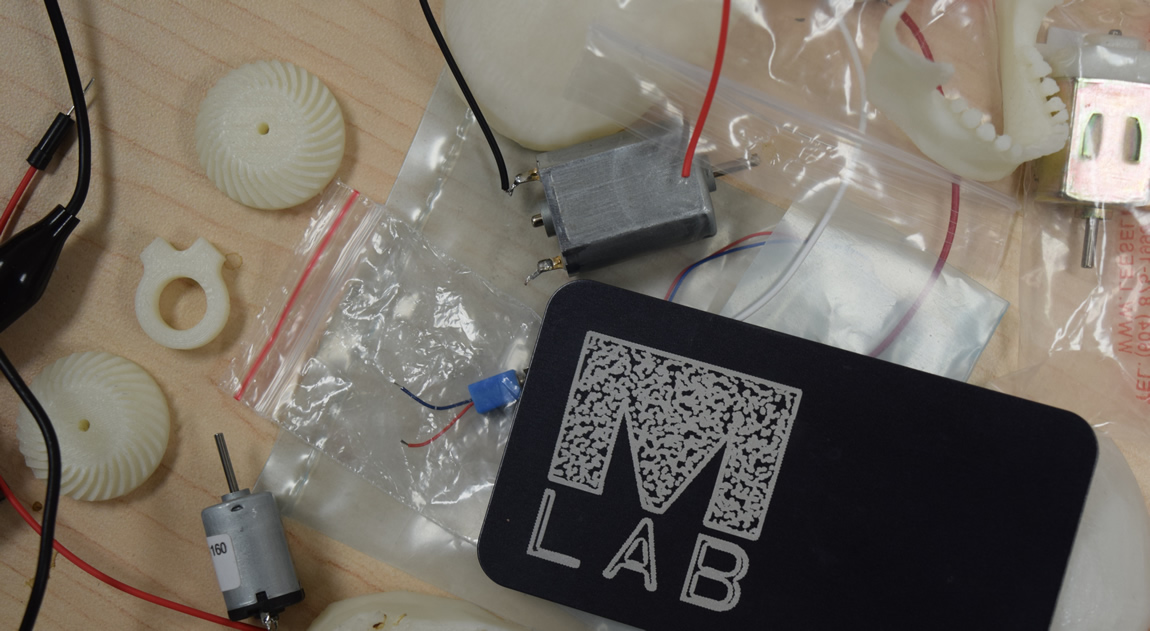
Materials from the MLab’s prototyping space, including anodized aluminum laser cut with the MLab logo
MLab Makes Room for More Machines: As the MLab entered its third year, it began the process of expanding operations on the Kits for Cultural History project, which included new CNC equipment for prototyping and production. (More details on this front soon!)
September 2014
Gustave Trouvé Gets Github: As part of the Kits for Cultural History, Danielle Morgan and the MLab team created a public Github repository of images cropped from Georges Barral’s 1891 biography of Trouvé, Histoire D’Un Inventeur. Danielle also translated the image captions from the original French into English.
Nina and Shaun Named Assistant Directors of the MLab: Congratulations to MLab team members, Nina and Shaun, who were named Assistant Directors of the MLab! Also, a special welcome to new team members, Nicole Clouston, Katherine Goertz, and Danielle Morgan, all of whom are working on the Kits for Cultural History.
Stephen and Jentery Published in Literature Compass: Stephen and Jentery’s article, “Modernism Meets Digital Humanities,” was published in Literature Compass. The article surveys digital humanities approaches to modernism and includes references to the Z-Axis project.
CUNY Mentions Nina’s Publication: In its announcement of the publication of the special issue of New American Notes Online (NANO), City Tech’s website draws specific attention to Nina’s essay, “Circuit Bending Videogame Consoles as a Form of Applied Media Studies.” Calling Nina’s essay a “highlight” of the issue, the post writes that she “hacks into Nintendo Entertainment Systems to try to reconfigure play potential.”
MLab Included in Growing List of Syllabi and Resource Lists: As the new school year rolled around, many instructors around the world included the MLab’s website and the work of MLab researchers in their course syllabi and resource lists. These included mentions by Steven E. Jones, for his Media and Culture course at Loyola; Ashley Blacquiere, for his History of Videogame Design course at UVic; Melissa Bailar, for her Introduction to Digital Humanities graduate seminar at Rice; and Steph Ceraso, for her Introduction to Digital Humanities course at the University of Maryland, Baltimore County. Additionally, UCSB’s Alan Liu listed work done by Alex, Katie T., Jana, Stephen, and Jentery in his DH Toybox for students.
Nina and Jentery Published in JEP: Nina and Jentery’s article, “Peer Review Personas,” was published in The Journal of Electronic Publishing (JEP). The article presents a prototype that is currently under development by Implementing New Knowledge Environments.
The “Hello World” Series Continues: At the month’s end, the MLab announced it will be conducting a weekend workshop, “Introduction to Programming and Python 3 in the Arts and Humanities,” with support from the Digital Humanities Summer Institute and the Electronic Textual Cultures Lab. The workshop will take place during the first weekend of March 2015.
Today
This piece is the 120th piece published at maker.uvic.ca since its launch during our first year. Here’s to 100+ more! Thanks, everyone.
Post by Shaun Macpherson and Karly Wilson, attached to the Makerspace project, with the news, physcomp, fabrication, versioning, and exhibits tags. Featured image of Katherine Goertz, Danielle Morgan, and Shaun Macpherson care of the Maker Lab.

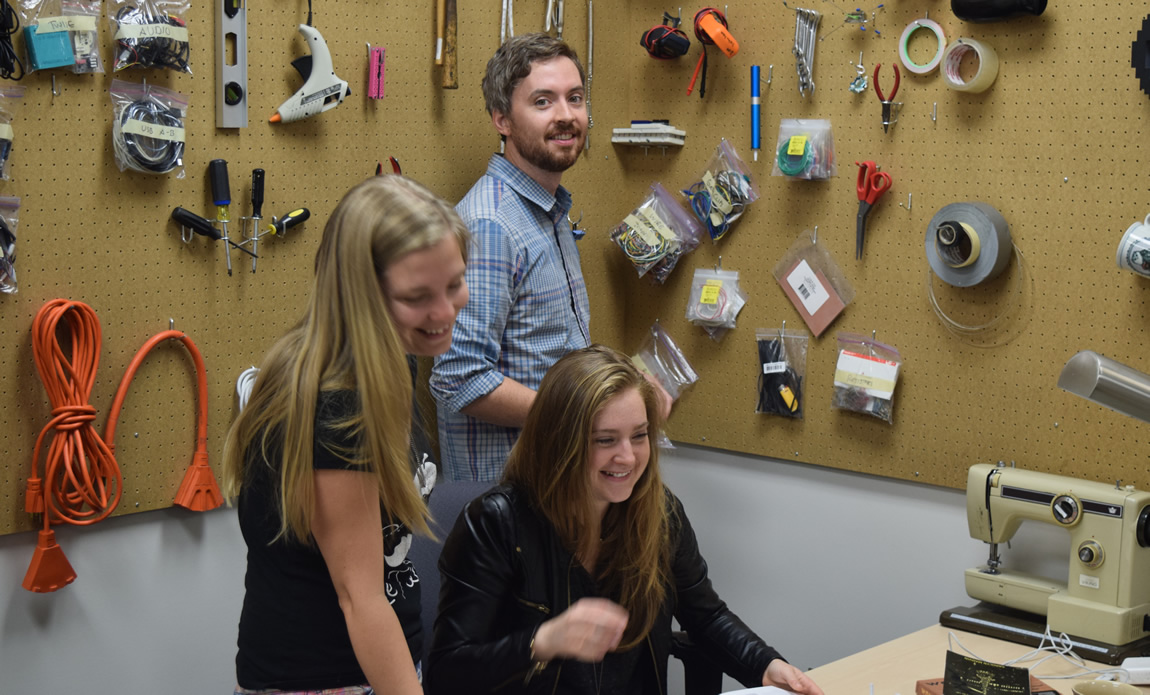





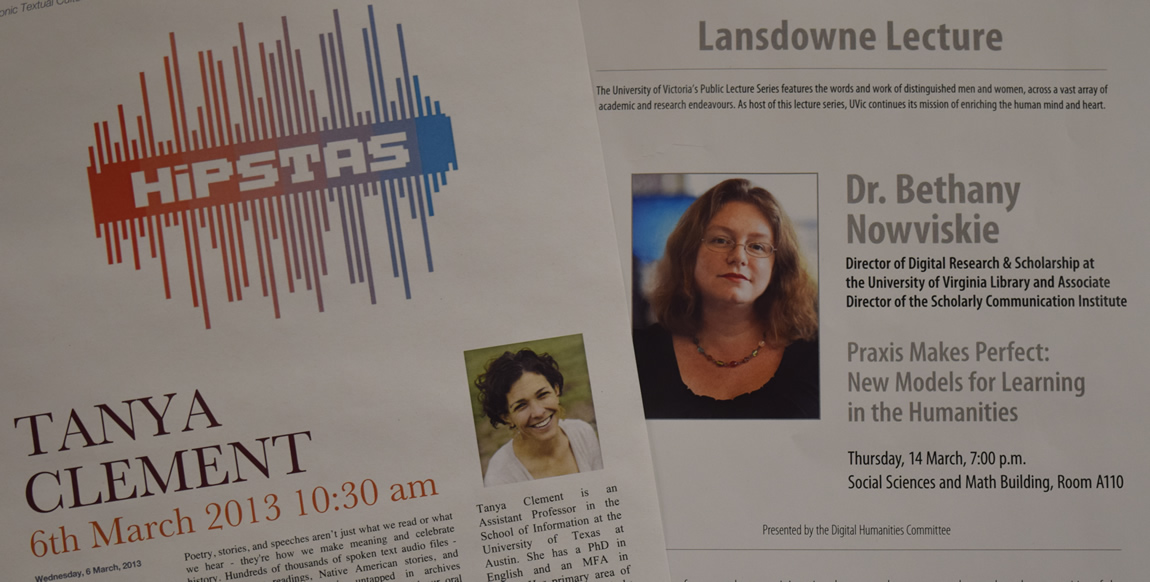

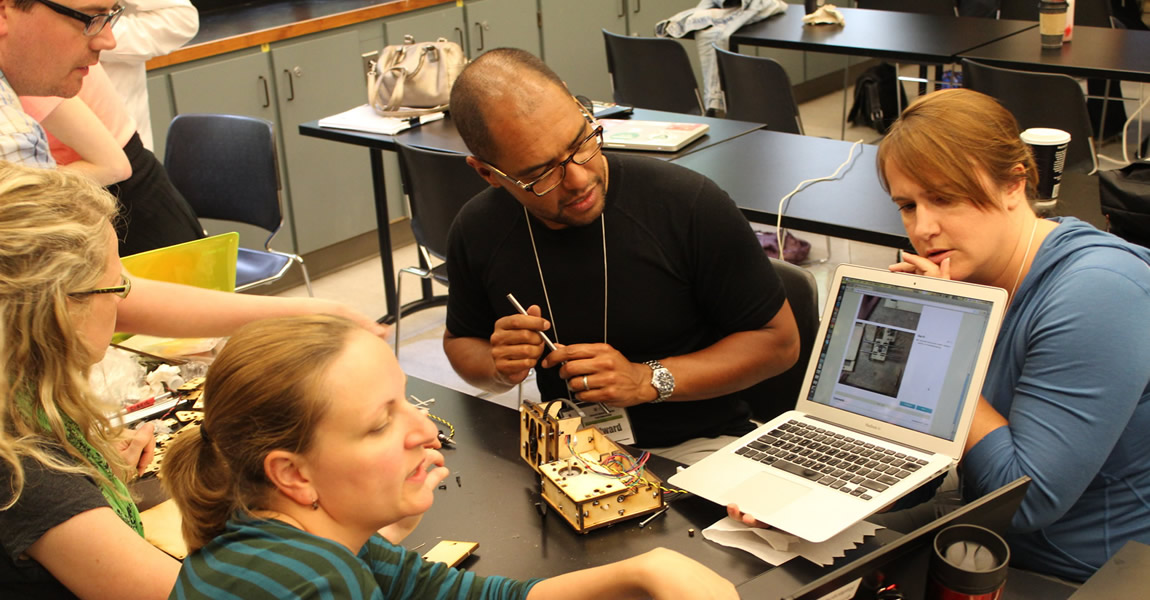
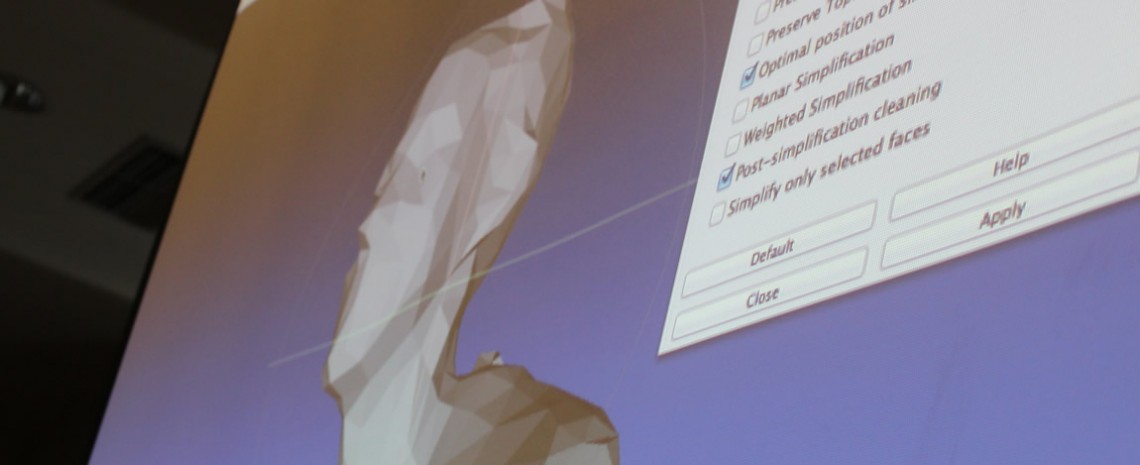
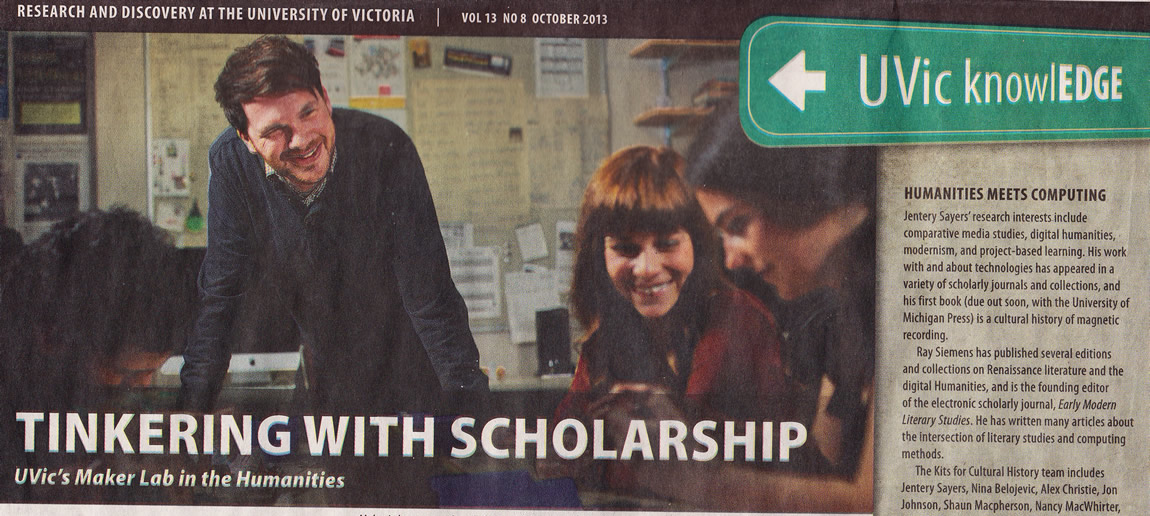
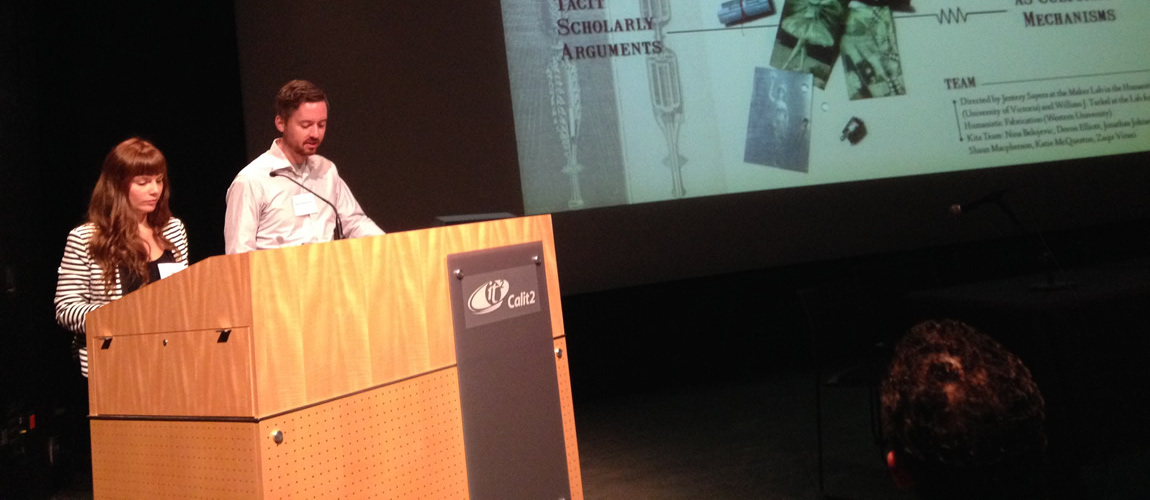
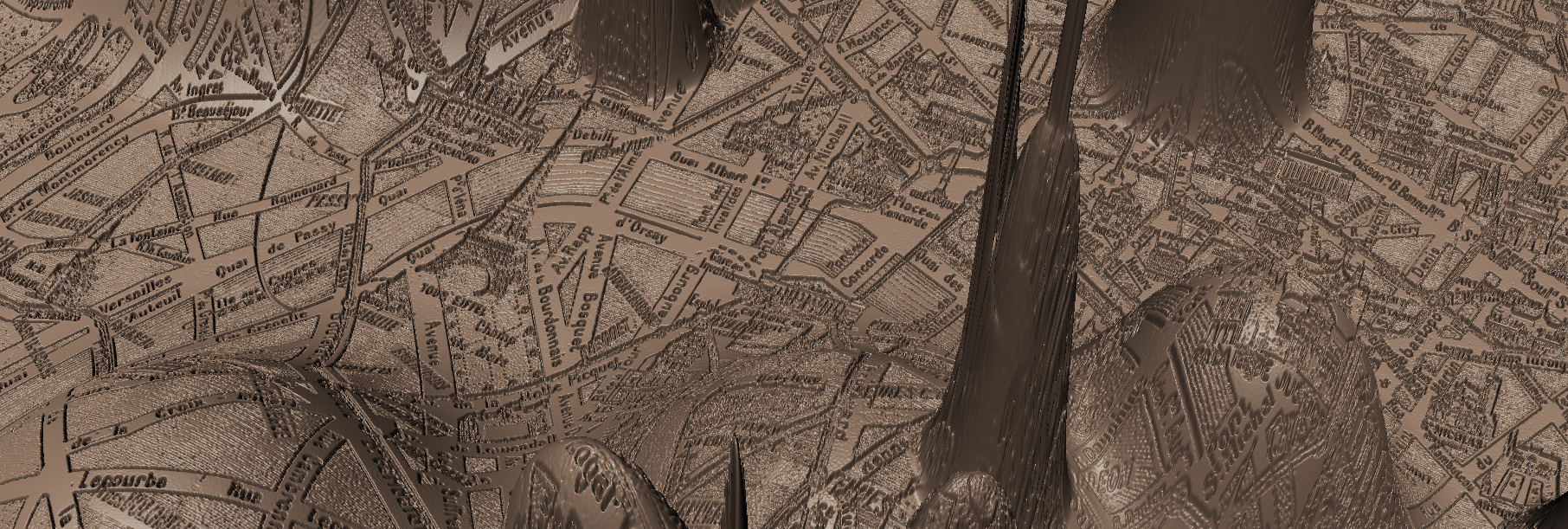


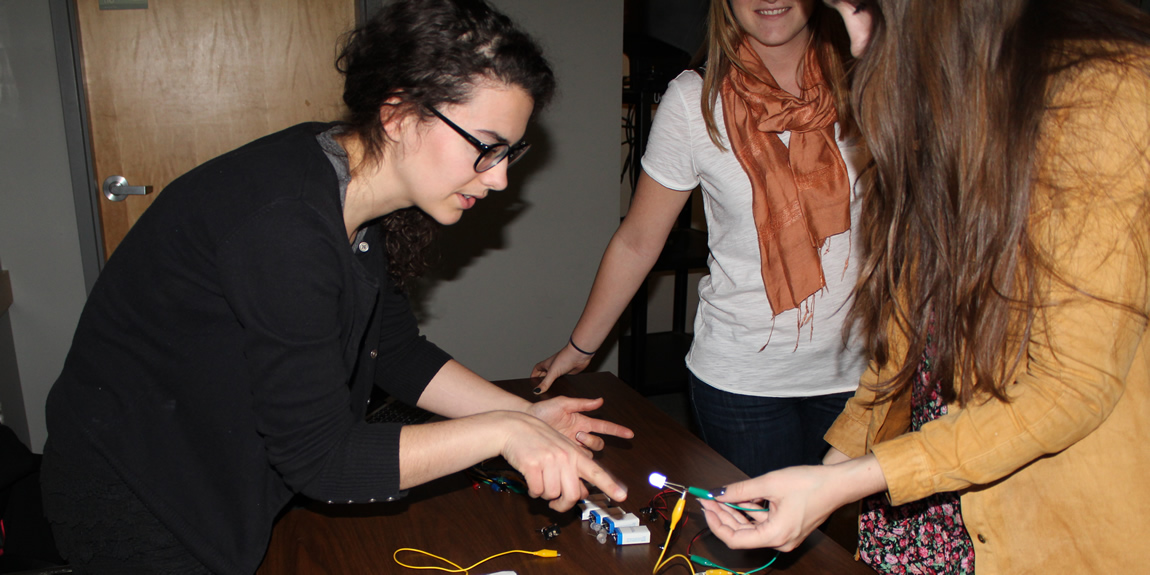
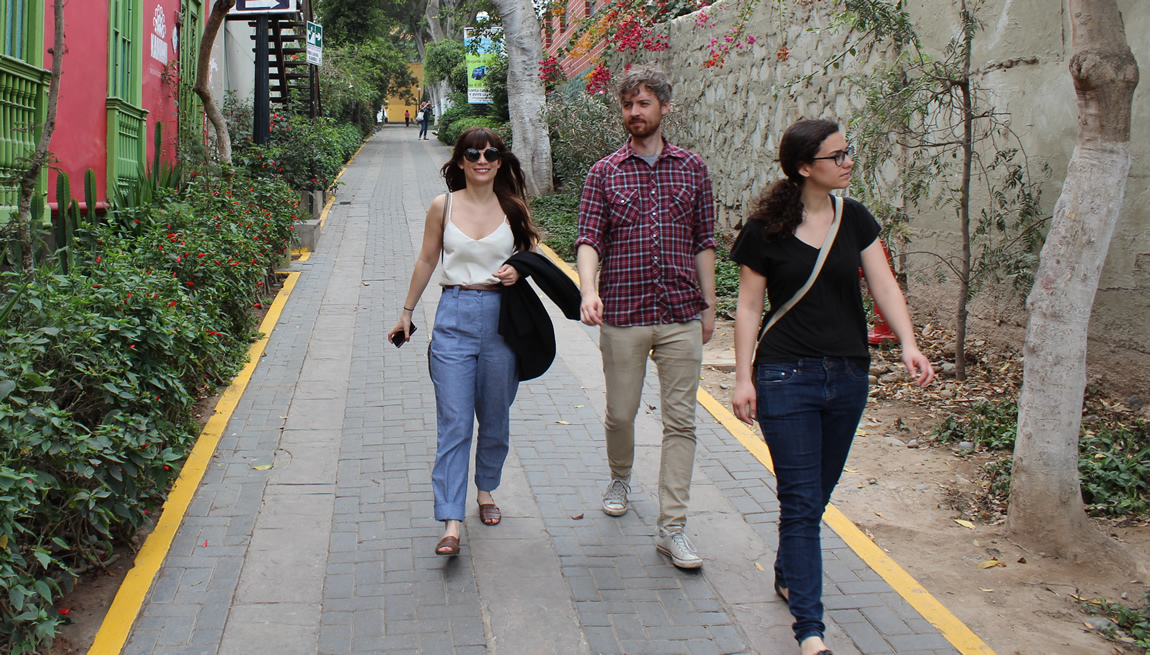
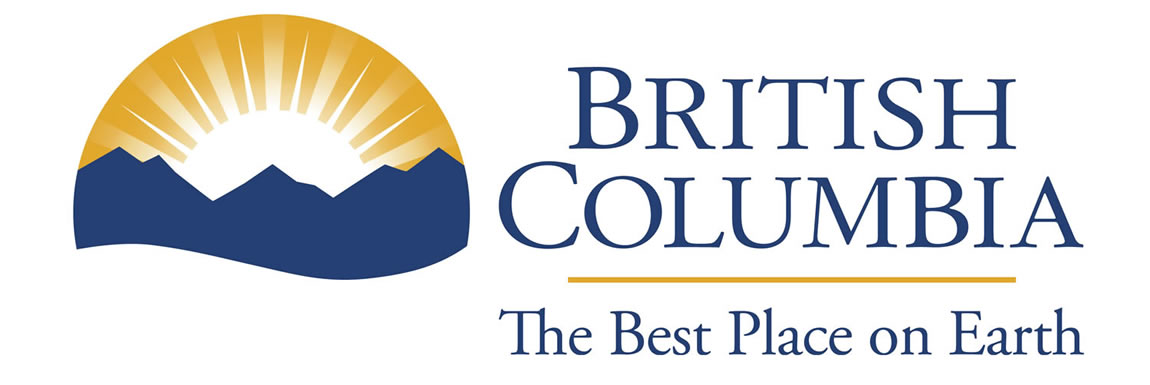
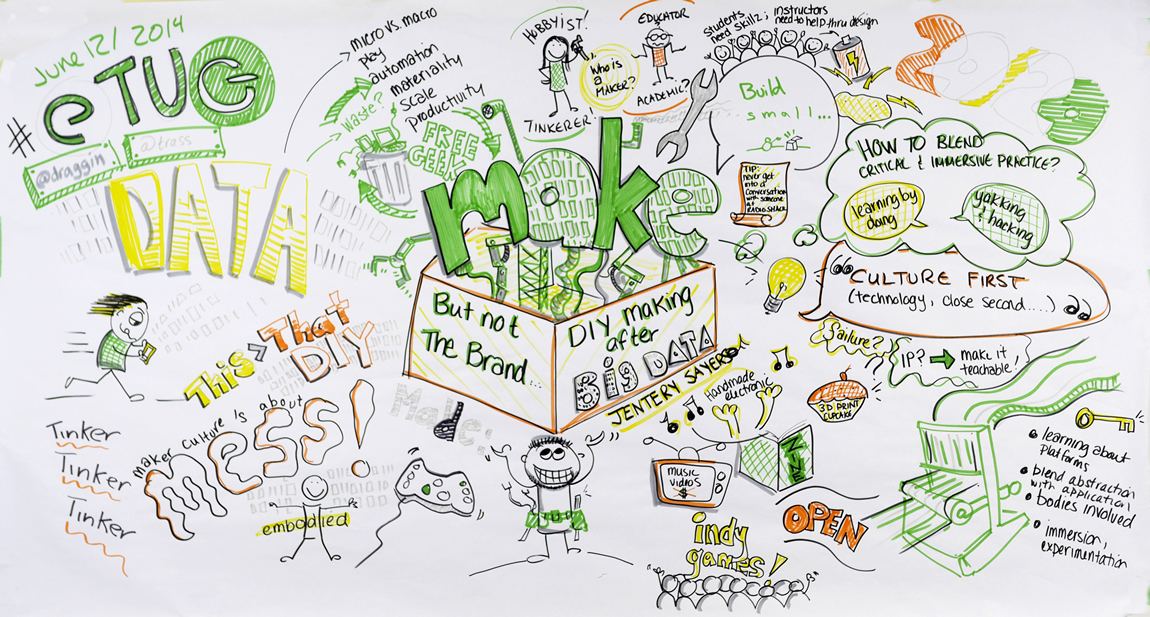
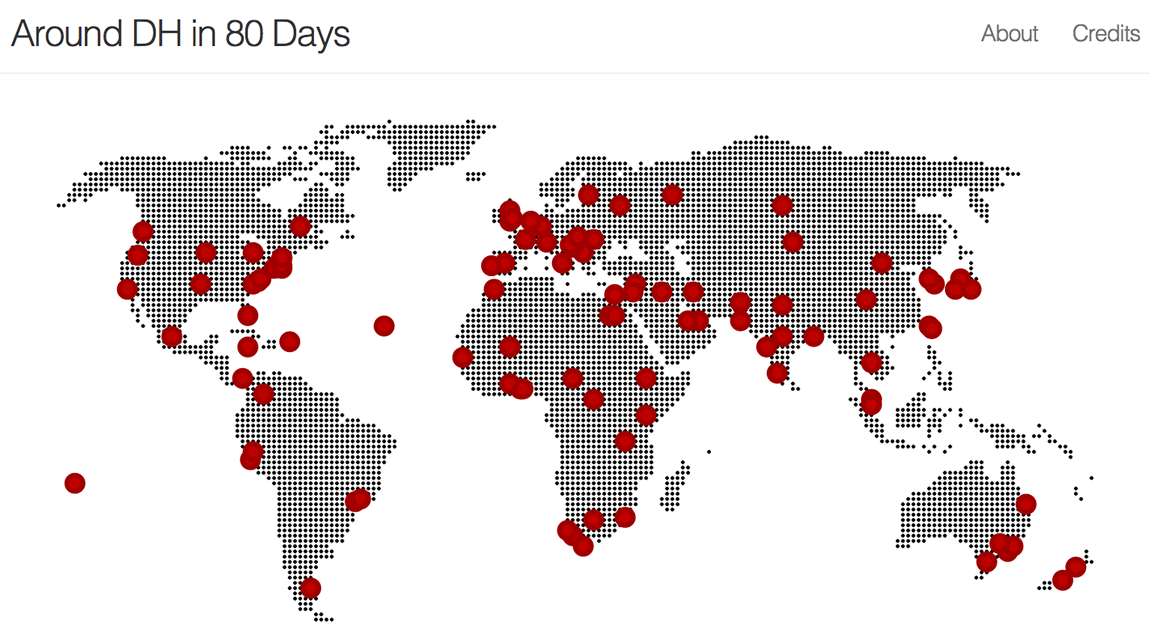
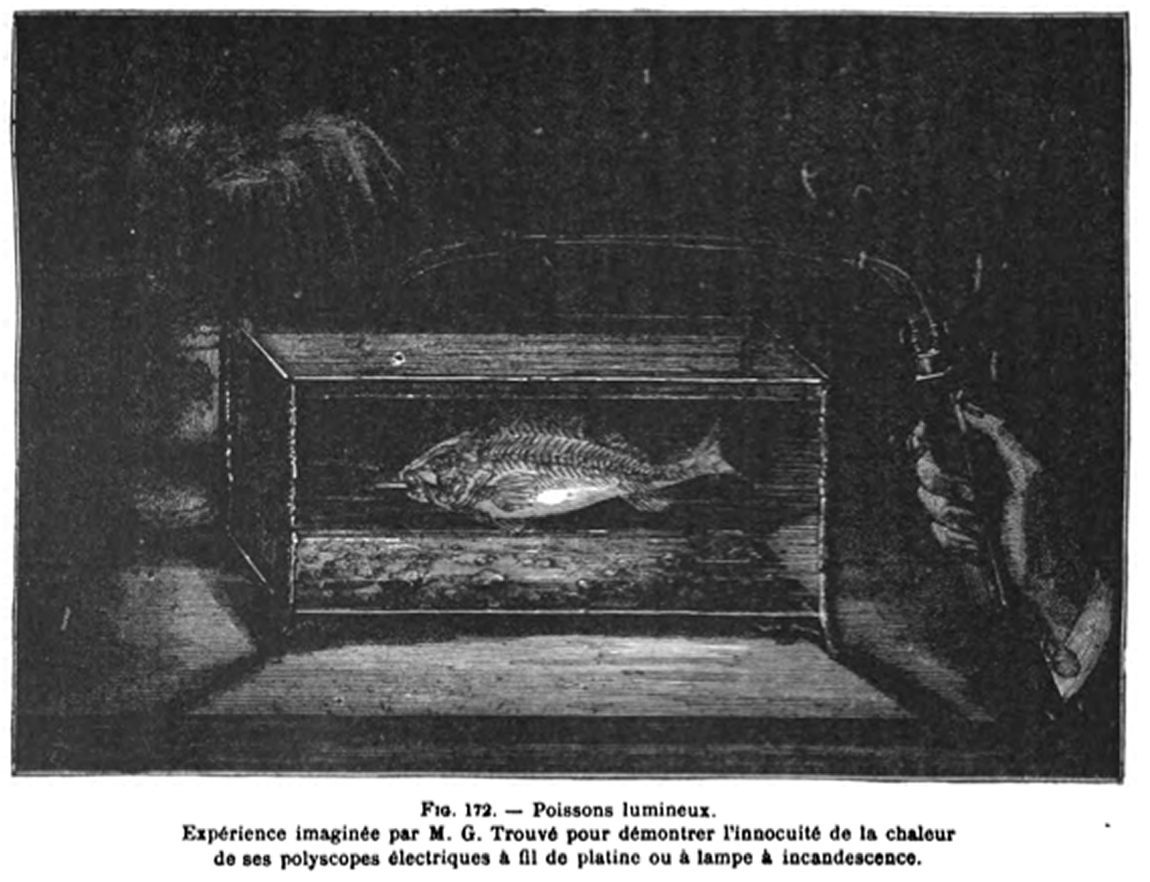
Pingback: What is a Maker Space? An Invitation to Ours | GC Digital Fellows()